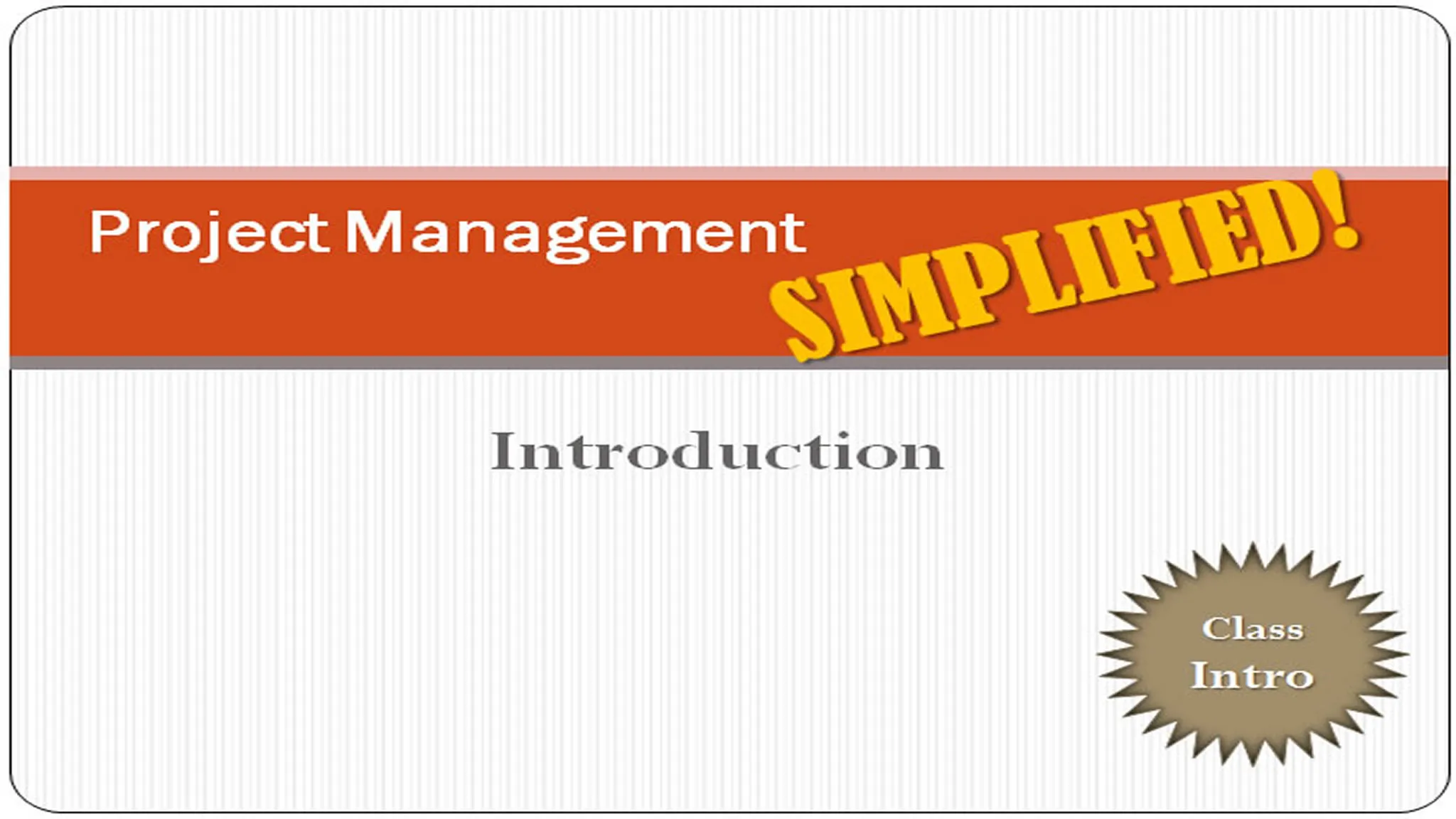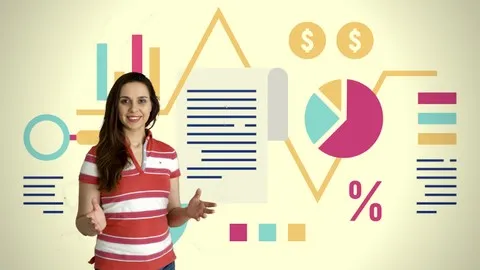
Data Manipulation in RPA 
Enroll now to learn the fundamentals of Data Manipulation in RPA and gain the skills to create efficient automation projects. ▼
ADVERTISEMENT
Course Feature
![]() Cost:
Cost:
Free
![]() Provider:
Provider:
Coursera
![]() Certificate:
Certificate:
Paid Certification
![]() Language:
Language:
English
![]() Start Date:
Start Date:
29th May, 2023
Course Overview
❗The content presented here is sourced directly from Coursera platform. For comprehensive course details, including enrollment information, simply click on the 'Go to class' link on our website.
Updated in [June 30th, 2023]
The Data Manipulation in RPA course provides an overview of Variables, Arguments, and Data Manipulation. Participants will learn about the different types of Variables and Arguments, and their application in automation projects. They will also gain an understanding of the different methods and operations performed on different data types and their usage in automation projects. Demonstration videos will be used to explain these operations and methods. The course also includes practice exercises to help participants strengthen their knowledge and understand the creation of workflows in Studio.
[Applications]
After completing the Data Manipulation in RPA course, participants can apply their knowledge to create workflows in Studio that involve data manipulation. They can also use the different methods and operations learned in the course to manipulate data in their automation projects. Additionally, participants can use the practice exercises to further strengthen their understanding of data manipulation in RPA.
[Career Path]
Job Position Path:Robotic Process Automation (RPA) Developer
Description:Robotic Process Automation (RPA) Developers are responsible for designing, developing, and deploying automated processes and workflows. They use software robots to automate manual tasks and processes, such as data entry, data manipulation, and data analysis. RPA Developers must have a strong understanding of programming languages, such as Python, Java, and C#, as well as a good understanding of the RPA software. They must also be able to troubleshoot and debug any issues that arise during the development process.
Development Trend:The demand for RPA Developers is expected to grow significantly in the coming years, as more companies are looking to automate their processes and workflows. As the technology continues to evolve, RPA Developers will need to stay up to date with the latest trends and technologies in order to remain competitive. Additionally, RPA Developers will need to have a strong understanding of artificial intelligence (AI) and machine learning (ML) in order to create more sophisticated automated processes and workflows.
[Education Path]
The recommended educational path for learners of this course is to pursue a degree in Robotics Process Automation (RPA). This degree will provide learners with a comprehensive understanding of the fundamentals of RPA, including the principles of automation, the development of automation projects, and the use of data manipulation in RPA. Learners will also gain an understanding of the different types of variables and arguments, and their application in automation projects.
The development trend of this degree is to focus on the use of artificial intelligence (AI) and machine learning (ML) in RPA. This will involve the use of AI and ML algorithms to automate processes and tasks, as well as the use of data manipulation techniques to improve the accuracy and efficiency of automation projects. Additionally, the degree will focus on the development of automation projects that are tailored to the specific needs of the organization.
Pros & Cons

Great knowledge acquired

Compliment for Digital Marketing Professionals and Business Analysts

Great refresher

Not suitable for beginners as claimed

Requires prior VB programming skills

Lack of clear prerequisites
Course Provider

Provider Coursera's Stats at AZClass
Discussion and Reviews
0.0 (Based on 0 reviews)
Explore Similar Online Courses

The 80&20 Guitar: Write Music and Play Guitar in 30 Days

Intro to Digital Painting: Procreate to Photoshop! A Beginner-Friendly Guide

Project Management SIMPLIFIED

Practical Project Management for Managers and First Time PMs

Scrum Master Certification Exam Preparation

Project Management for Developers and Technical Experts

Practical Project Management Certification - Microcredential - FutureLearn

Project Management: Human Resources and Leadership - FutureLearn

Big Picture of the Projects and Beyond

Project Management Skills and Leadership Course

Prince Training - Project Management Certification - FutureLearn


Start your review of Data Manipulation in RPA